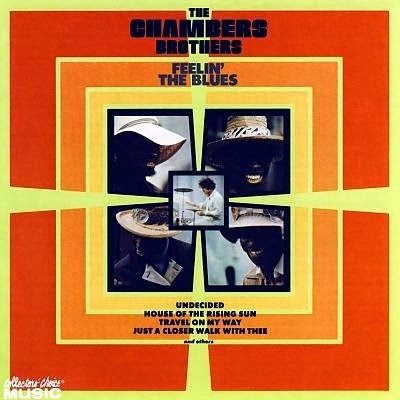In 1970 the group signed with Metromedia for their next album, “Good Taste Is Timeless” which was issued in early 1971. The album was produced in Nashville by jazz pianist Bob Dorough, who also produced Spanky and Our Gang, Alzo Fronte and scores of songs for the “Schoolhouse Rock” program. Engineering the album was Elvis’ former guitarist Scotty Moore. The album marked the arrival of mainstay multi-instrumentalist Robin Remaily. Shepard was replaced by Michael McCarty.
The album was a departure from the usual wackiness of the Rounders. The gloriously ramshackle performances of old were replaced with tight arrangements. The material was mostly original with only two covers (Joe Maphis’ “Melinda” and Jimmy C. Newman’s “Alligator Man”). All band members took lead vocals and wrote material for the album. The result is an off-center country-folk-rock product, but still the unmistakable nuttiness of the Rounders shines through at times. (Stampfel to this day loathes the album.)
Tracy Nelson is a guest vocalist on “Love Is The Closest Thing” (written by cohort Michael Hurley, who also designed the album’s cover) and Steve Riddle provides “eephin” on “Livin’ Off The Land” – a style of vocalization made popular by his father Jimmie Riddle on the “Hee Haw” television show. DJ Fontana, who drummed for Elvis in his early days, provides percussion touches here and there. Pete Drake, who’d just recently finished work with both Ringo Starr and George Harrison on their solo projects, played pedal steel.
The album was plagued with a notoriously bad mix. The engineers who mixed the album apparently did so without using monitors and a skewed mix was the result. It would seem these same individuals must’ve been responsible for Elephant’s Memory’s “Take It To The Streets” which is basically a MONO album…
While the album went unnoticed, in 1974 a up and coming radio show by one Doctor Demento began spinning “Boobs a Lot” and the reaction was enough that Metromedia, then closing up their doors, issued a single. The track went to #103. (Although generally not acknowledged, the single had originally been released in 1971, all but ignored and now a rarity.)
The Rounders would shortly thereafter go back towards an acoustic configuration, cutting an album for the Rounder label (guess who it’s named for?) in ’72 which would not see the light of day for three years. The group soldiered on in various formations over the years lead variously by Stampfel and/or Weber and sometimes two different versions of the band existed on both coasts. An aggregation led by Stampfel and Michael Hurley cut the cult-classic “Have Moicy” for Rounder in 1976.
Tracklist:
Once A Year
Black Bottom
Happy Scrapple Daddy Polka
Spring Of ’65
Livin’ Off The Land
Love Is The Closest Thing
Boobs A Lot
Melinda
Generalonely
Alligator Man
City Blues
The Whole World Outta Go On Vacation
(320 kbps, cover art included)




























